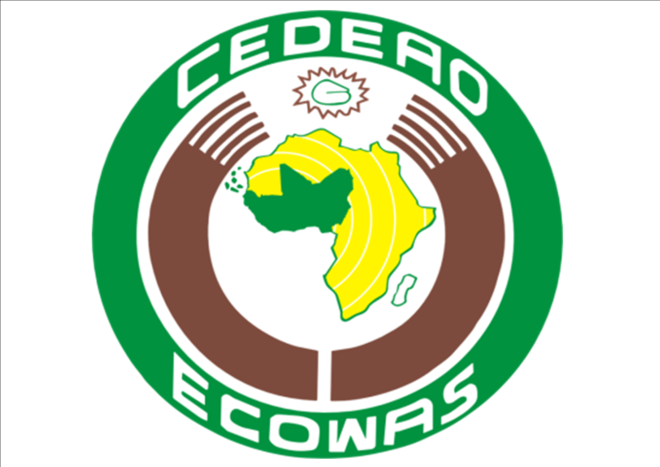ECOWAS Community Court of Justice
Many lawyers across the West African Sub-Region are unaware of the workings and jurisdiction of the ECOWAS Community Court of Justice (ECCJ); that is the court established for member states of the Economic Community of West African States (ECOWAS). It is for this reason that I have decided to discuss the court. ECCJ was established […]

Many lawyers across the West African Sub-Region are unaware of the workings and jurisdiction of the ECOWAS Community Court of Justice (ECCJ); that is the court established for member states of the Economic Community of West African States (ECOWAS). It is for this reason that I have decided to discuss the court.
ECCJ was established through the instrumentality of the provisions of Articles 6 and 15 of the 1993 Revised Treaty of ECOWAS.
Protocol A/P/1/7/91, as amended by the January 19, 2005, Supplementary Protocol (A/SP1/01/05), sets out the organisational framework, functioning mechanism and the procedure of the court. The 2005 supplementary protocol expanded the jurisdiction of the court; allowing citizens direct access in respect of some causes of action; granted the court jurisdiction for human rights cases and gave it arbitration mandate. Before then, the court had the mandate as administrative tribunal for ECOWAS officials as a community court saddled with the responsibility of applying and interpreting ECOWAS Community texts under the 1991 protocol.
The essence ECCJ is to dispense justice within the West African Sub-Region with regards to matters the court has jurisdiction and also to deal with matters relating to international law and matters relating to it.
The official languages of the court are English, Portuguese and French. Every applicant accesses the court in the language he understands. The court has interpreters and translators. If an applicant files in English and a French judge is on the panel, there is an obligation to translate verbatim in paper to French. Decisions are taken unanimously as the court tries to avoid dissenting judgments.
As the principal legal organ of ECOWAS, the primary responsibility of the court is to ensure the interpretation and application of the 1993 Revised Treaty, the annexed protocols, conventions and other community texts.
The court has four clear distinct mandates to serve as: a community court, an administrative court, a human rights court and an arbitration tribunal. The jurisdiction of the court is classified into three:
(1). Interpretation and application of the texts of the community: The court has been entrusted with the mandate of the interpretation and application of the texts of the community, treaties, conventions, protocols, regulations, directives, decisions and all other subsidiary legal instruments adopted by the community.
(2). Advisory jurisdiction: At the request of the Authority of Heads of State and Government, the Council of Ministers, one or more-member state, the president of the commission and any other institution of the community, the court can express in an advisory capacity, a legal opinion on questions of treaties.
(3). Contentious jurisdiction: The court has competence to adjudicate on any dispute relating to the following:
- i. Interpretation and application of the treaty, conventions and protocols of the community.
- i Interpretation and application of the regulations, all directives, decisions and other subsidiary legal instruments adopted by the community.
iii. The legality of regulations, directives and other subsidiary instruments adopted by ECOWAS.
- i Deal with member states to honour their obligations under the treaty, conventions and protocols, regulations, directives or decisions of ECOWAS.
- v. Provision of the treaty, conventions and protocols or decisions of ECOWAS member states.
- v Treat the community and its officials and the action for damages against a community, institution or an official of the community for any action or omission in the exercise of official functions.
Access to the court is open to the following: (a). Member states, and unless otherwise provided in the protocol, the president of the commission is brought for failure by a member state to fulfil an obligation, (b). Member states, the Council of Ministers and the president of the commission, in proceeding for the determination of the legality of an action in relation to any community texts, (c). Individuals and corporate bodies, in a proceeding for the determination of an act or inaction of a community official which violates the rights of the individual or corporate body, (d). Individuals on application for relief on violation of their rights; the submission of application for which shall not be anonymous; nor made while the same matter has been instituted before another international court for adjudication, (e). Staff of any community institution, after the staff has exhausted all appeal processes available under the ECOWAS staff rules and regulations, (f). Where in any action before a court of a member state, an issue arises as to the interpretation of a provision of the treaty, or the other protocols of regulations, the national courts may on their own or at the request of any of the parties to the action refer the issue to the court for interpretation.
To be continued…
Godspeed!
(Source: ECOWAS CCJ Facts)
